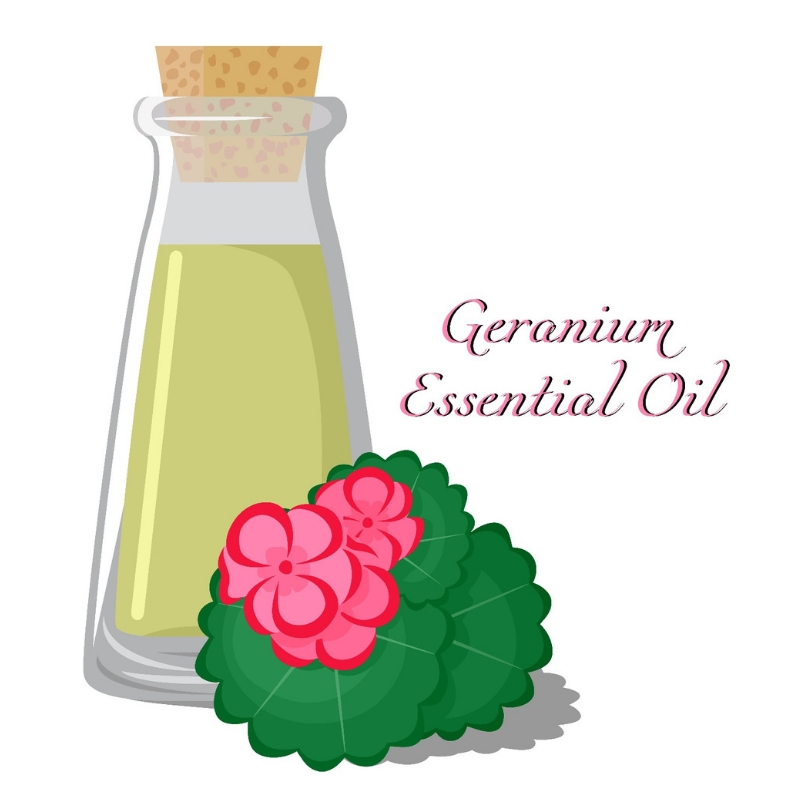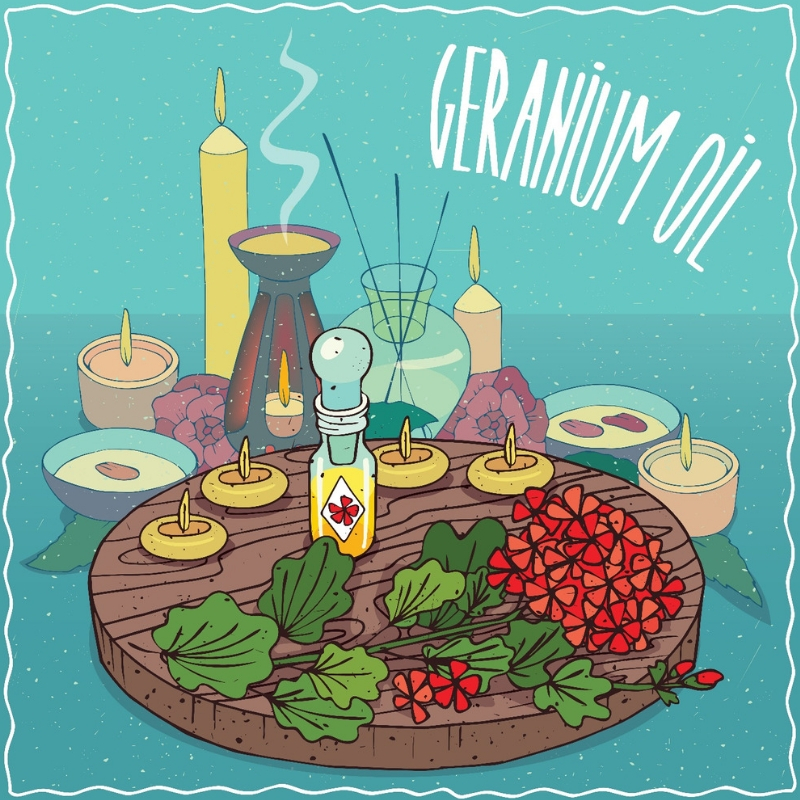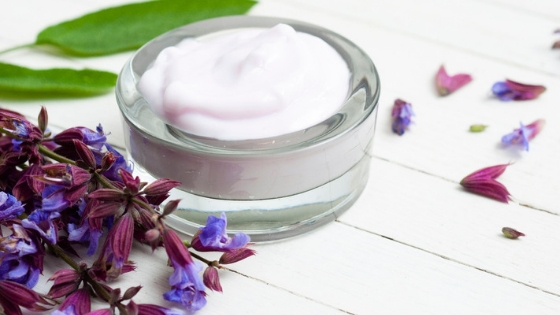Geranium essential oil, in addition to being pleasantly rose-scented, boasts countless health benefits. Pelargonium graveolens is the name given to this bushy, aromatic plant whose stems and leaves when distilled, deliver so much healing, soothing and balancing to the body.
This essential oil reduces the appearance of wrinkles due to its astringent properties that tighten and tone skin. It has long been prized as being able to improve skin tone and soothe while it heals. As with most essential oils, geranium is antiseptic and antimicrobial in nature. For mild skin wounds and irritations, you can place geranium oil directly on the wound and wrap in gauze. Repeat for several days until healing is complete.
You can also combine a few drops of antifungal geranium oil with sea salt. This is a great combination for curing athlete’s foot, which is caused by yeast overgrowth. Just add the combination to a foot bath.
Unlike other, more potent essential oils, this one can be applied directly to the skin. It won’t cause a rash or irritation in most cases.
Other uses for geranium oil
Mood and body systems are said to be affected by geranium oil. It can reduce anxiety, alleviate depression and regulate the female menstrual cycle. It has the ability to lower blood pressure, perfect for those who are prone to hypertension.
As if all of these benefits weren’t enough, geranium also contains the flavonoid quercetin. Quercetin is said to afford anti-inflammatory advantages and improve cardiovascular health. It may even reduce the spread of cancer cells. This gentle yet powerful herb has been studied for its positive effects as a treatment for cancer.
Geranium oil can help with chronic fatigue, as it promotes healing of the adrenal glands. Nightly applications of geranium oil, mixed with a carrier oil, could relieve menopausal symptoms. Add to the scent by combining it with other pleasantly scented oils. Lavender and jasmine are good choices, they impart soothing and relaxation.
Unlike cinnamon, which thins the blood, geranium speeds clotting and for that reason, it is highly useful in skin healing applications. With antibacterial properties to boot, this oil is the ideal, gentle treatment for skin wounds. It can also reduce the appearance of scars.
This mildly scented oil blends extremely well with more potent oils. Try blending it with thyme essential oil, or floral-scented jasmine.
Make geranium oil at home:
To make this essential oil at home, cut up the stems and leaves of this bushy, lemony-rose scented plant and place in a jar to fill about halfway. Add a carrier oil such as jojoba, which has no scent, and cap tightly. Place on a sunny windowsill and allow the oil to infuse for about 2 days. When finished infusing, strain the oil through a layer of cheesecloth to remove the plant pieces. Pour into a clean jar and cap tightly for future use.
Geranium Oil Cautions and Concerns:
If you experience sensitivity to geranium oil, add more carrier oil. If the reaction is enough to warrant concern, discontinue use. This is one of the milder essential oils that proves excellent for skin applications. The likelihood of sensitivity is low but not impossible.




How long have you been using it yourself.
Hi Judy! I have used this essential oil for over 10 years. I use it to scent some of the natural soaps I make and I also formulate personal perfume blends using it with compatible essential oils like basil, bergamot, clary sage, lavender, and jasmine.
Thanks a lot,
Cheryl